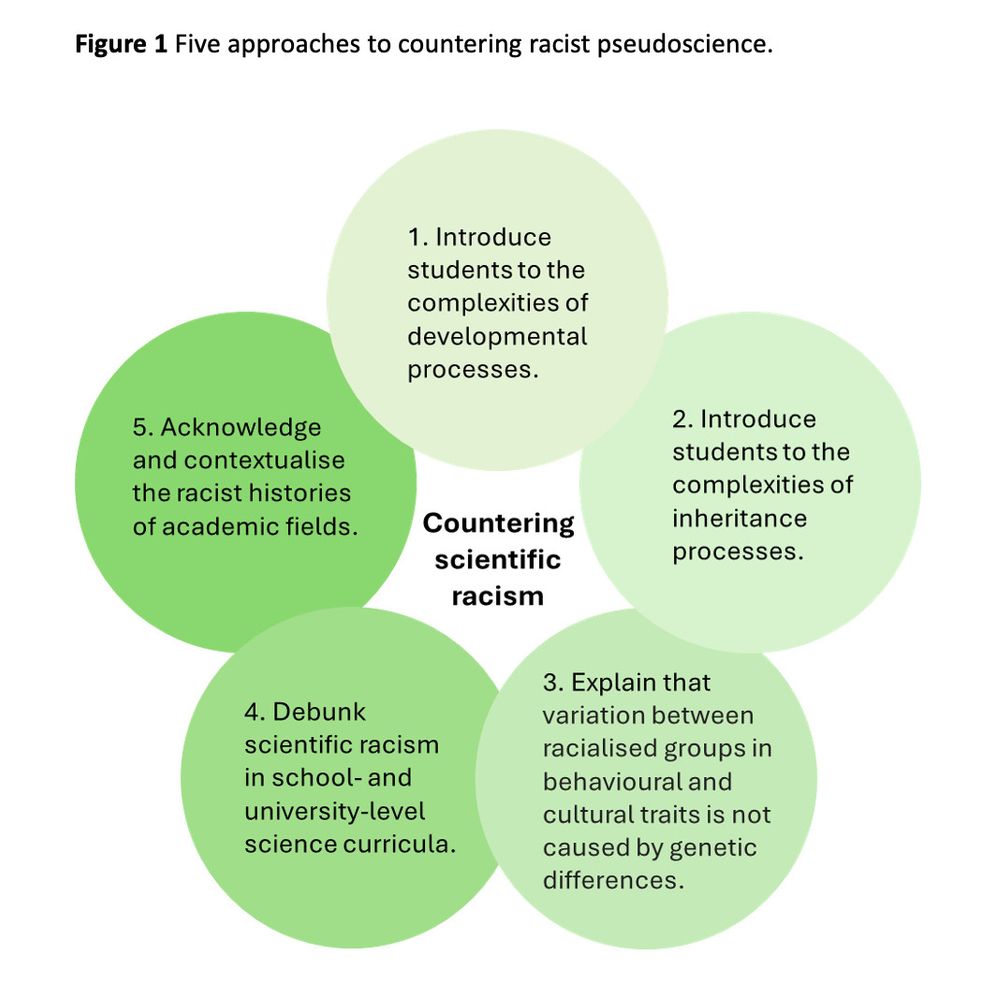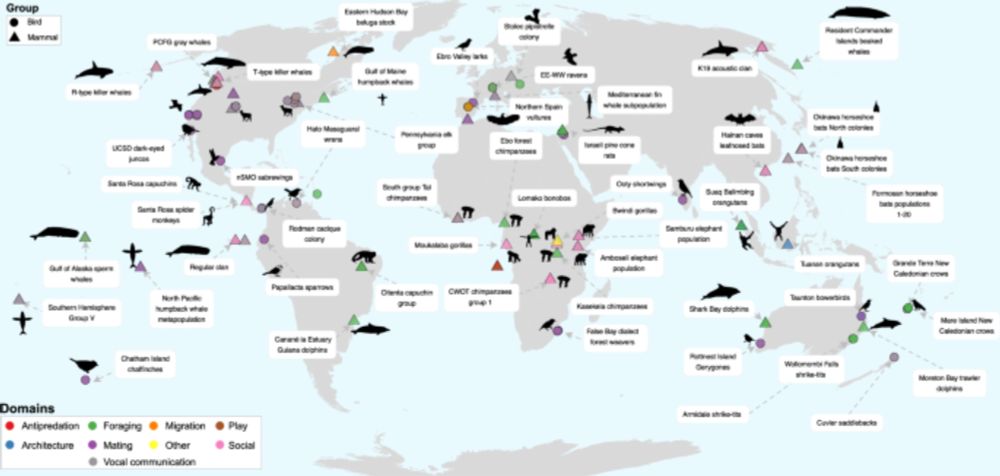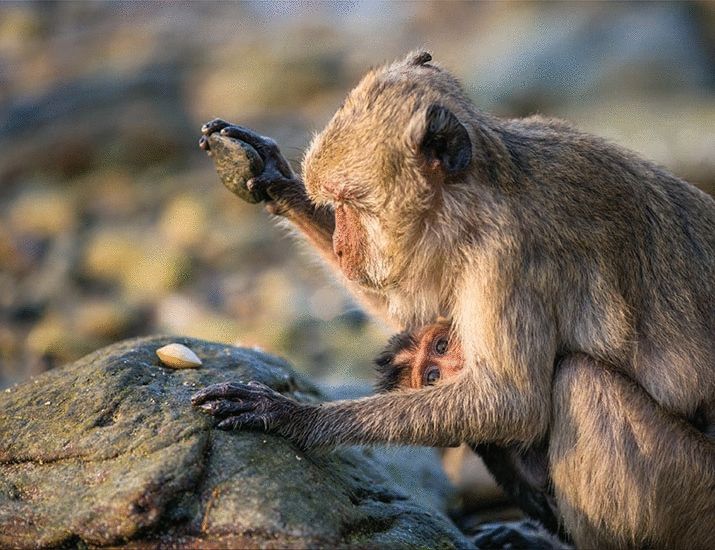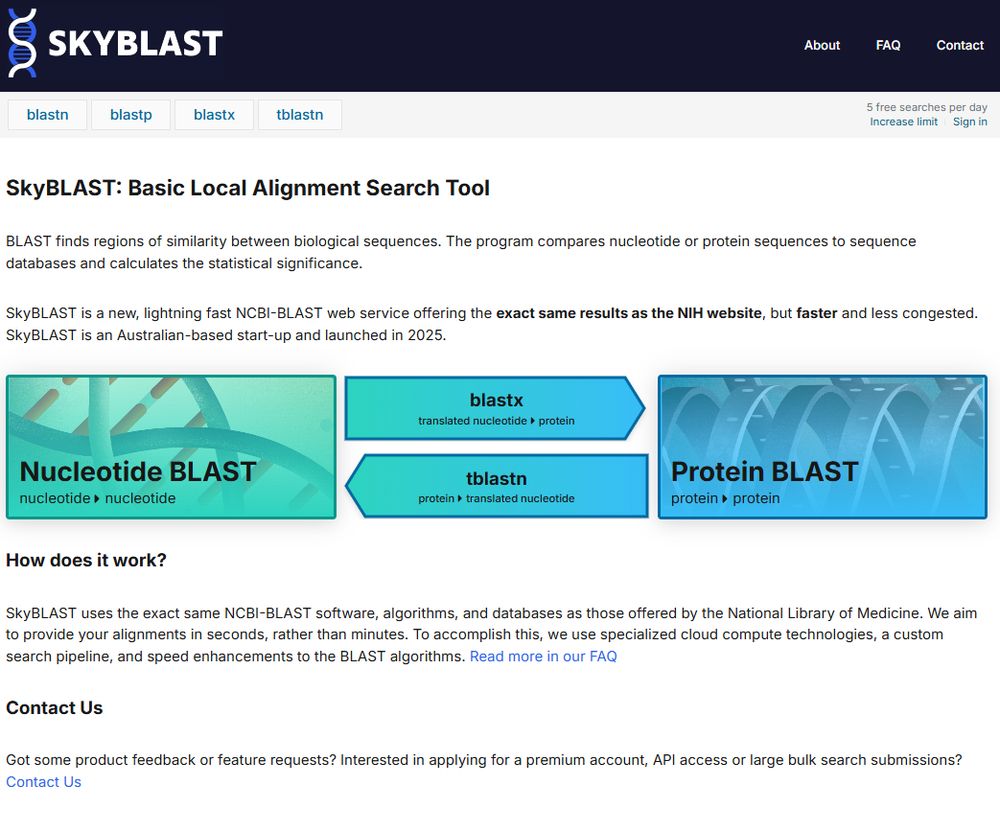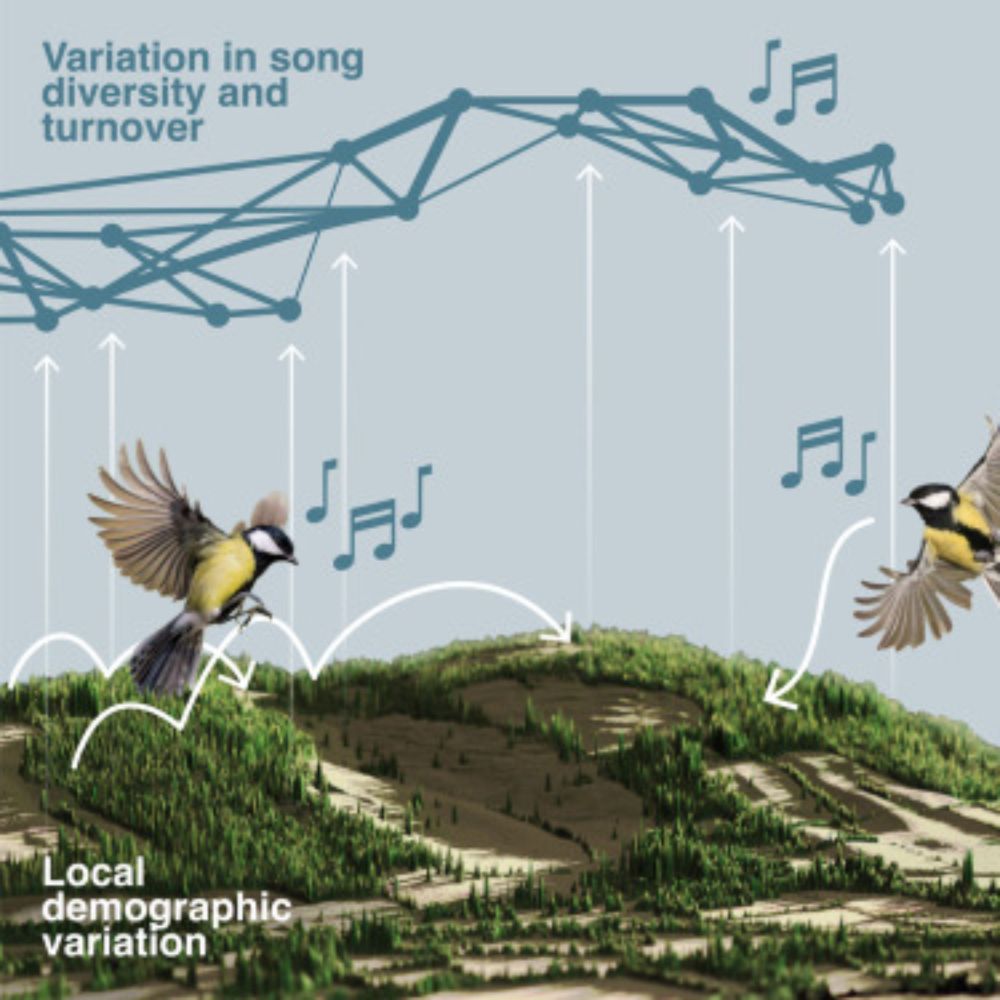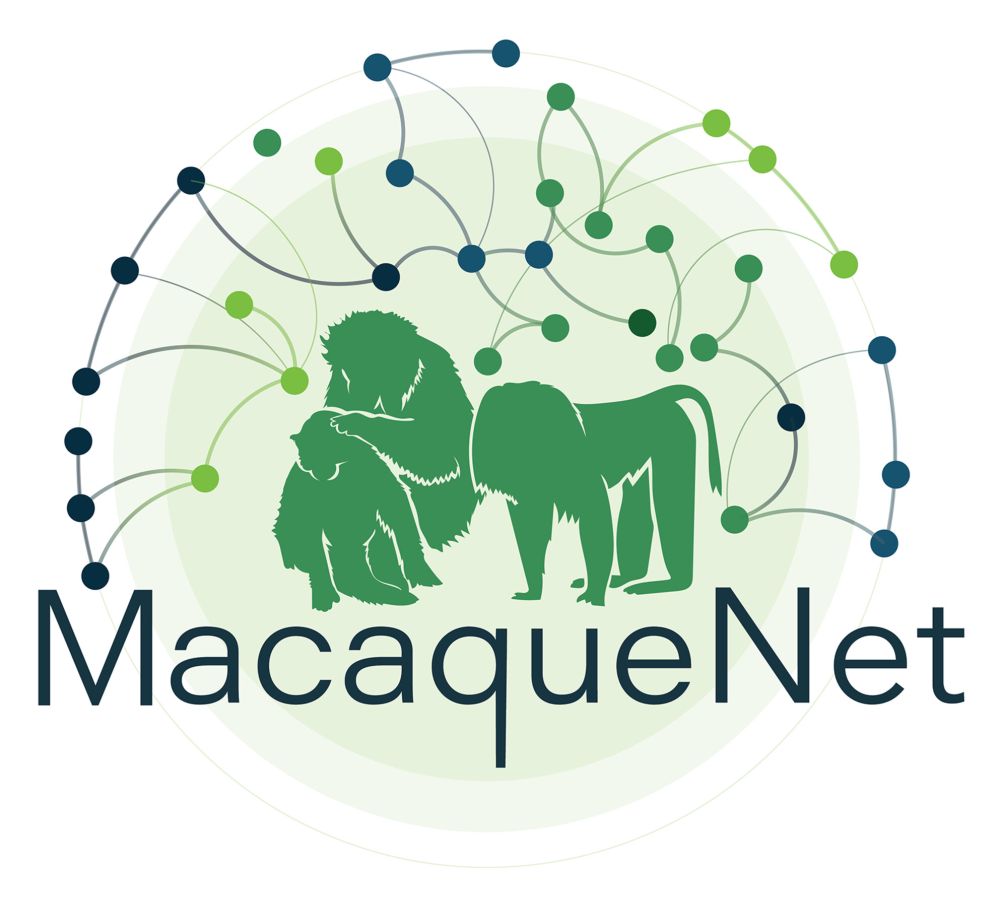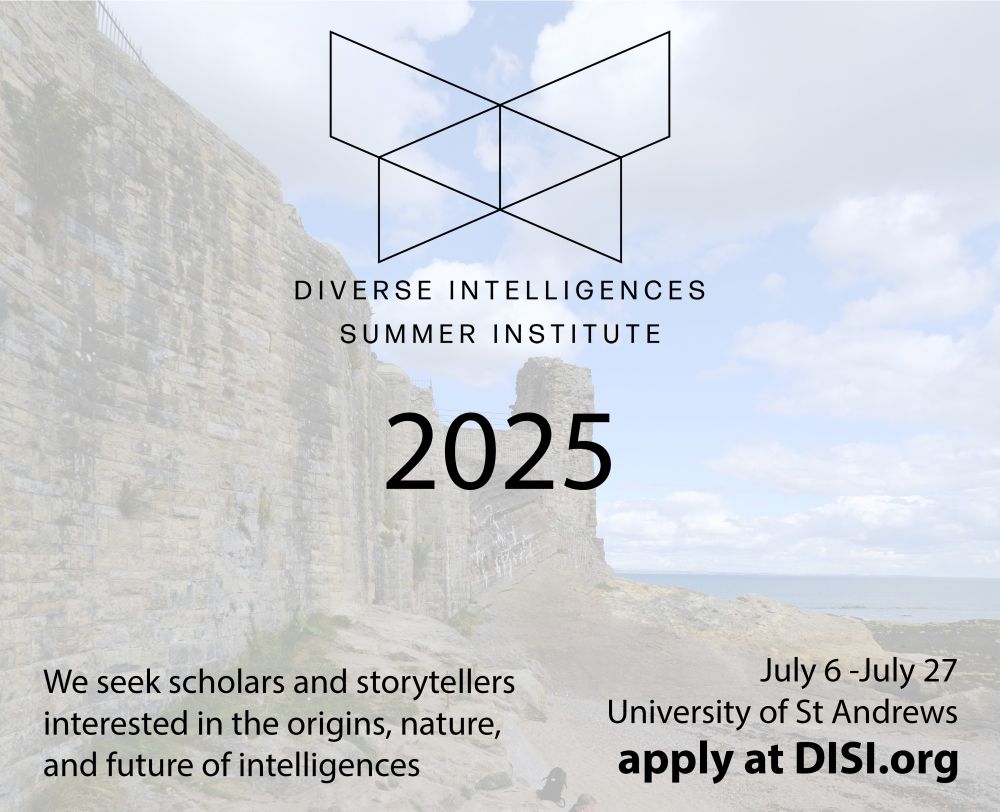Kiran Basava
@incertaesedis.bsky.social
520 followers
720 following
10 posts
Technically an anthropologist. Postdoc at the Data Diversity Lab, University of Arizona. Building a database of animal cultures.
https://kiranbasava.weebly.com/
Posts
Media
Videos
Starter Packs
Reposted by Kiran Basava
Reposted by Kiran Basava
Reposted by Kiran Basava
Reposted by Kiran Basava
Reposted by Kiran Basava
Moira Donegan
@moiradonegan.bsky.social
· Jul 23
Kiran Basava
@incertaesedis.bsky.social
· Jun 22
Kiran Basava
@incertaesedis.bsky.social
· Jun 22
Kiran Basava
@incertaesedis.bsky.social
· Jun 22
Reposted by Kiran Basava
Reposted by Kiran Basava
Graham Coop
@gcbias.bsky.social
· Apr 8
Reposted by Kiran Basava
Reposted by Kiran Basava
Reposted by Kiran Basava
Reposted by Kiran Basava
Reposted by Kiran Basava
Reposted by Kiran Basava
Reposted by Kiran Basava
Reposted by Kiran Basava



